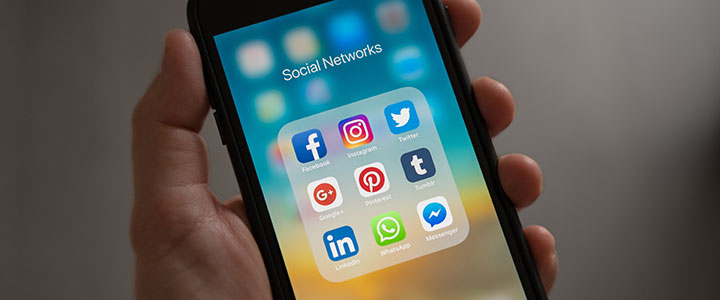
March 15 marks World Consumer Rights Day, a commemoration established by the United Nations in 1983. The choice of March 15 comes from a speech delivered on that day in 1962 by John Fitzgerald Kennedy. Speaking at the United States Congress, the then U.S. president defined the consumer as an essential element in the production process, recognising their political relevance and urging institutions to protect their rights.
Clearly, Kennedy’s world has nothing to do with today’s. If we focus on the production processes that Kennedy spoke about, we see today how of the five largest U.S. Companies by market capitalisation – Apple, Microsoft, Amazon, Alphabet, the parent company of Google, and Facebook – we can talk about production in the classical sense in only one, Apple. And its point of distinction is different, that is, design and brand.
The sixth American company, Tesla, is a car manufacturer that delivers only 500,000 units per year, a far cry from industry classics such as Ford or General Motors.
What’s going on? The economy now works with a different logic, and the outstanding companies in the U.S. economy are today big tech, which are based on the use of data. And this radical transformation is also affecting the way in which consumer rights are conceived.
In past years, we have learned how these large Internet companies have resorted to practices that, outside the digital environment, are absolutely inconceivable. For example, recording private conversations by means of devices, or the unauthorized use of data for political purposes, as we saw in the Cambridge Analytica case, which exploded three years ago. Facebook was also heavily criticised for its attitude toward hate messages following the death of George Floyd at the hands of the U.S. police.
And nevertheless, not much has happened. How is it possible for us to be empowered consumers in the physical world, yet we allow these abuses in the digital one? Why don’t we ask ourselves some basic questions when we move in the digital environment, such as why do they want my data and what are they going to do with it?
The answer to these questions is most likely in the exchange model between consumer and business. We usually pay for a product or service, which is accompanied by a number of guarantees and rights. However, in the Internet world there are many seemingly free services. All you have to do is click on the ‘accept’ button and hand over a bit of data.
But users should be very clear on the idea that paying with data is paying. Your social media accounts and profiles on search engines and browsers are permanently producing money for third parties. Your data is the raw material for a huge business, and it is handed over in exchange for services. Therefore, your relationship with these companies should create rights that are, in many cases, similar or equivalent to those created in relationships involving monetary exchange.
For all these reasons we have launched in Spain – the country where the association was founded – the campaign, ‘Do you really accept? You’re a digital consumer. You have rights.’ on the occasion of World Consumer Rights Day on March 15. We want to make Internet users aware that when they pay with their data, they also have rights. We are not data creators at the service of businesses belonging to third parties; we are digital consumers, and we want transparency and respect.
The world may not function as it did on March 15, 1962, but consumer rights remain essential in the market economy. It’s time to defend these rights in the face of the enormous power of the large Internet platforms.




